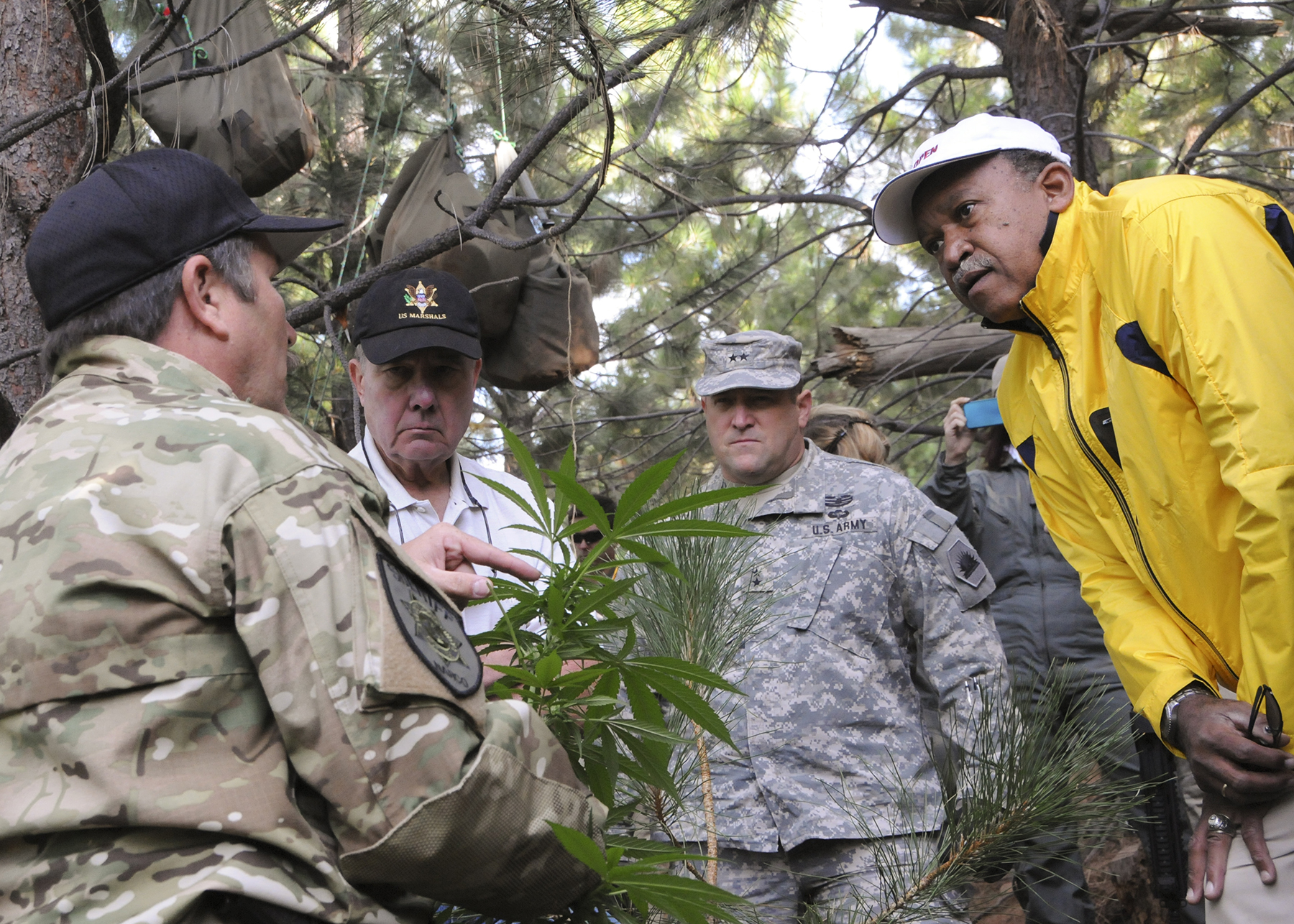Publication

Summary
While most US states have legalized marijuana consumption and distribution, policy debate often fixates on the production of marijuana as an environmental concern. “The environment” increasingly justifies interventions into cannabis production policy by many actors (e.g. activists, law enforcement, producers, conservationists). The article traces three early, formative “environmental” interventions in northern California. At the federal level, agents seek to “reclaim” and protect public lands. County governments seek to discipline and segregate compliant environmental citizens from racialized “criminals”. And producers seek to mobilize environmental concerns in regulatory debates. As these interventions valorize environmental concerns of pollution, reclamation, or stewardship, they also interact with entrenched systems of inequality and stigma. As marijuana production liberalizes, the legacy of prohibition moralities continues to influence policy and regulation. Criminalized actors need to be incorporated into civil regulation and knowledge formation. Otherwise, the exploitative and extractive relations that dominate contemporary agriculture, land use, and drug policy will corrupt environmental concerns.
